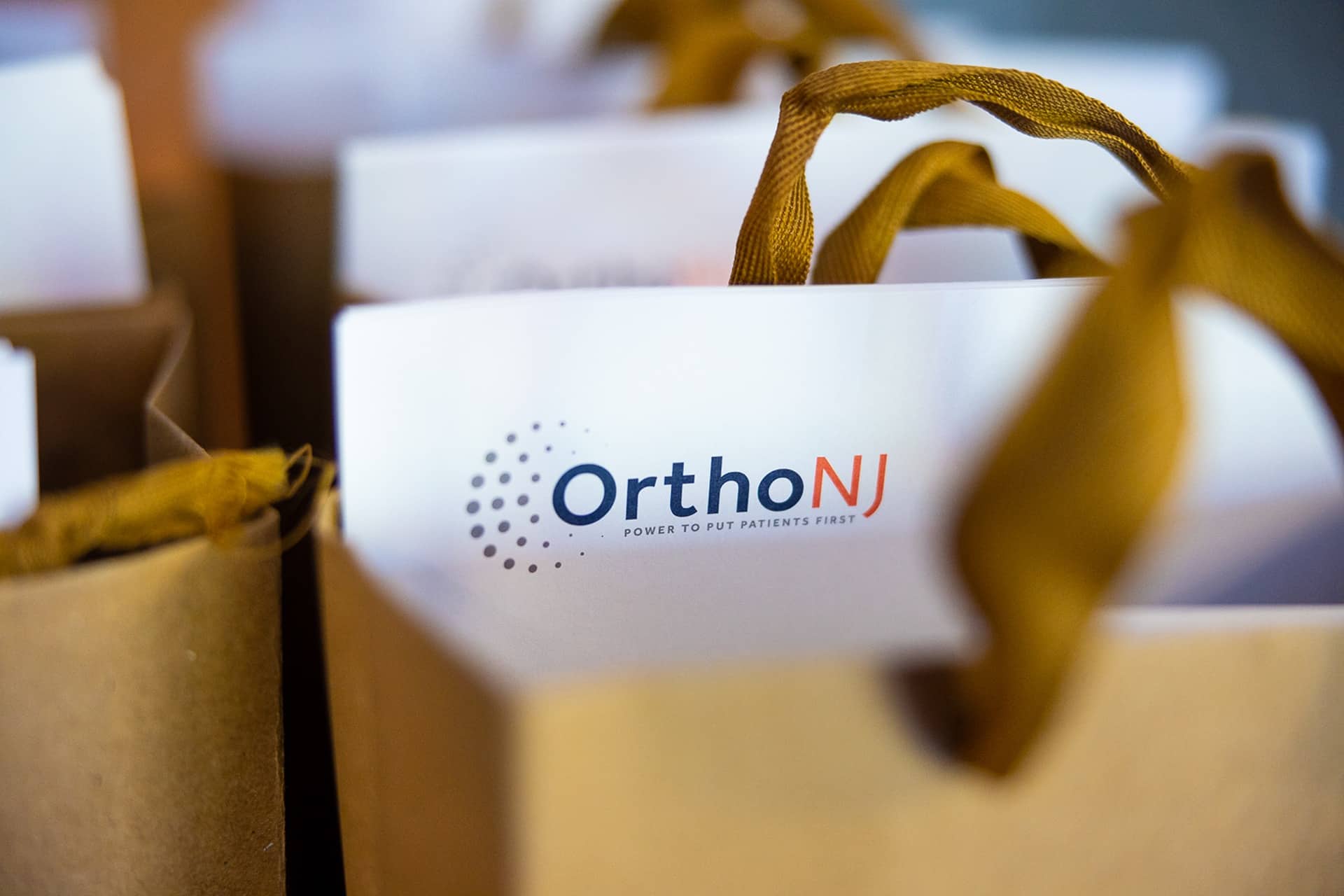Achilles Tendinitis
Achilles tendinitis is an overuse injury affecting the Achilles tendon, the large band of fibrous tissue that connects the calf muscles to the heel bone. This tendon plays a vital role in walking, running, and jumping by helping to lift the heel off the ground. Achilles tendinitis commonly occurs when the tendon is subjected to repeated stress, such as from running, sudden increases in activity, or wearing improper footwear. Inflammation and irritation of the tendon cause pain, stiffness, and swelling in the back of the ankle. If left untreated, this condition can progress to chronic pain or even a tendon tear, making early diagnosis and treatment important.
What Are the Symptoms of Achilles Tendinitis?
- Heel or Lower Leg Pain
- Sharp or burning pain is typically felt at the back of the heel or lower calf, especially after physical activity. Pain may worsen with running or climbing stairs.
- Tenderness and Stiffness
- Stiffness is often noticeable in the morning or after periods of rest. Gentle movement may improve flexibility, but tenderness persists at the tendon site.
- Swelling Along the Tendon
- The back of the ankle may appear swollen, and in some cases, thickening of the tendon can be felt.
- Warmth and Redness
- Localized warmth and mild redness can occur due to inflammation of the tendon and surrounding tissues.
- Difficulty with Movement
- Activities that involve pushing off the foot, such as jumping or sprinting, may become increasingly difficult and painful.
What Causes Achilles Tendinitis?
- Overuse or Repetitive Stress: Frequent running, jumping, or sudden increases in exercise intensity can strain the tendon.
- Improper Footwear: Shoes lacking proper support or cushioning can put excessive pressure on the Achilles tendon.
- Tight Calf Muscles: Limited flexibility in the calf muscles increases stress on the tendon during activity.
- Age and Wear: Tendons naturally lose flexibility and strength with age, increasing the risk of injury.
- Training on Hard or Uneven Surfaces: Running on concrete or uneven terrain can contribute to tendon irritation.
- Biomechanical Issues: Flat feet, high arches, or abnormal gait patterns can put uneven stress on the tendon.
How to Prevent Achilles Tendinitis?
- Proper Footwear: Wear supportive shoes designed for your activity and replace them when worn out.
- Stretching and Strengthening: Regularly stretch calf muscles and strengthen lower leg muscles to improve tendon resilience.
- Gradual Increases in Activity: Avoid sudden spikes in exercise intensity or duration; increase training levels slowly.
- Warm-Up Before Activity: Gentle stretching and warm-up routines help prepare the tendon for physical stress.
- Rest and Recovery: Allow adequate recovery time between workouts to prevent overuse injuries.
- Cross-Training: Mix low-impact activities, such as swimming or cycling, with running to reduce repetitive tendon strain.
When to Seek Orthopaedic Care for Achilles Tendinitis
- Severe or Persistent Pain: Ongoing or worsening pain at the back of the heel despite rest and home care requires medical evaluation.
- Difficulty Walking or Standing on Toes: Trouble bearing weight or pushing off the foot may indicate a more serious tendon injury.
- Significant Swelling or Stiffness: Swelling that does not improve with rest, ice, or elevation should be checked by a specialist.
- Audible “Pop” with Sudden Pain: A snapping sound with severe pain may suggest a tendon tear, which requires urgent treatment.
- Limited Range of Motion: Inability to move the ankle or perform daily activities comfortably signals the need for care.
An orthopedic surgeon is recommended for Achilles tendinitis, as they can assess the tendon using imaging and provide treatment options ranging from physical therapy and bracing to advanced surgical repair if necessary.
Find An OrthoNJ Location
Contact one of OrthoNJ's locations spread out through all of New Jersey.
Why Choose an OrthoNJ Doctor for Your Care?
OrthoNJ is different from your typical medical provider. Unlike many in the industry, we prioritize patient care over profits. Our six divisions work collaboratively to ensure the best outcomes for our patients. We believe in the "Power to Put Patients First," and our doctors and divisional partners strive to uphold this commitment in every aspect of our care.
- With over 120 fantastic physicians, all board-certified, board-qualified, or fellowship-trained, OrthoNJ offers top-tier expertise across a wide range of specialties.
- We serve over 250 communities throughout New Jersey, providing treatment and continuing care for various orthopedic needs.
- With more than 30 statewide offices, our reach extends across the entire state. Whether in North Jersey, South Jersey, or anywhere between, OrthoNJ proudly serves you.
This treatment info is for informational purposes only. Treatment and recovery vary person to person, and you should consult with your treating physician and team for details on your treatment and recovery process.
